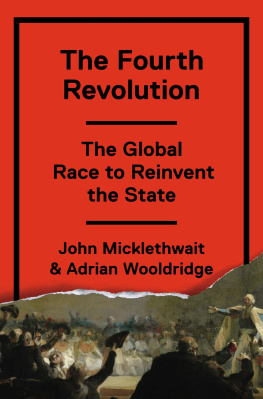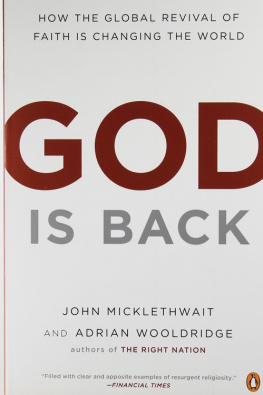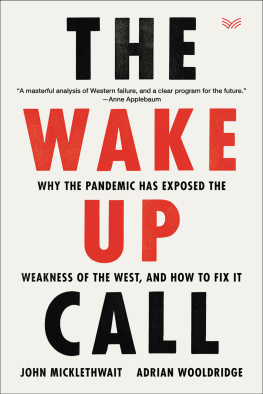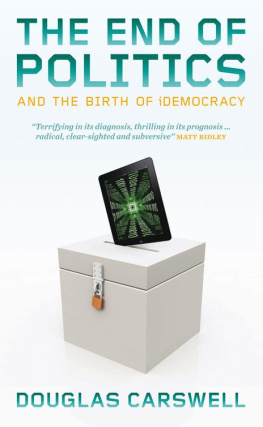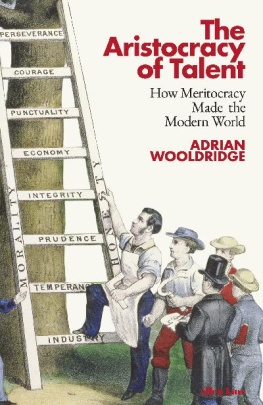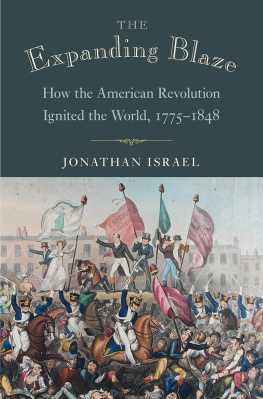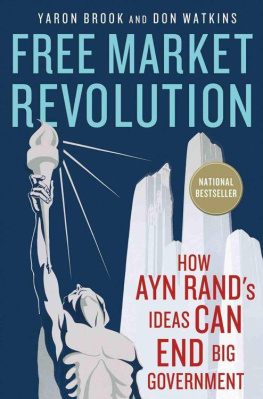John Micklethwait - The Fourth Revolution: The Global Race to Reinvent the State
Here you can read online John Micklethwait - The Fourth Revolution: The Global Race to Reinvent the State full text of the book (entire story) in english for free. Download pdf and epub, get meaning, cover and reviews about this ebook. year: 2014, publisher: Penguin Press HC, The, genre: Politics. Description of the work, (preface) as well as reviews are available. Best literature library LitArk.com created for fans of good reading and offers a wide selection of genres:
Romance novel
Science fiction
Adventure
Detective
Science
History
Home and family
Prose
Art
Politics
Computer
Non-fiction
Religion
Business
Children
Humor
Choose a favorite category and find really read worthwhile books. Enjoy immersion in the world of imagination, feel the emotions of the characters or learn something new for yourself, make an fascinating discovery.
- Book:The Fourth Revolution: The Global Race to Reinvent the State
- Author:
- Publisher:Penguin Press HC, The
- Genre:
- Year:2014
- Rating:4 / 5
- Favourites:Add to favourites
- Your mark:
The Fourth Revolution: The Global Race to Reinvent the State: summary, description and annotation
We offer to read an annotation, description, summary or preface (depends on what the author of the book "The Fourth Revolution: The Global Race to Reinvent the State" wrote himself). If you haven't found the necessary information about the book — write in the comments, we will try to find it.
Dysfunctional government: Its become a clich, and most of us are resigned to the fact that nothing is ever going to change. As John Micklethwait and Adrian Wooldridge show us, that is a seriously limited view of things. In fact, there have been three great revolutions in government in the history of the modern world. The West has led these revolutions, but now we are in the midst of a fourth revolution, and it is Western government that is in danger of being left behind.
Now, things really are different. The Wests debt load is unsustainable. The developing world has harvested the low-hanging fruits. Industrialization has transformed all the peasant economies it had left to transform, and the toxic side effects of rapid developing world growth are adding to the bill. From Washington to Detroit, from Brasilia to New Delhi, there is a dual crisis of political legitimacy and political effectiveness.
The Fourth Revolution crystallizes the scope of the crisis and points forward to our future. The authors enjoy extraordinary access to influential figures and forces the world over, and the book is a global tour of the innovators in how power is to be wielded. The age of big government is over; the age of smart government has begun. Many of the ideas the authors discuss seem outlandish now, but the center of gravity is moving quickly.
This tour drives home a powerful argument: that countries success depends overwhelmingly on their ability to reinvent the state. And that much of the Westand particularly the United Statesis failing badly in its task. China is making rapid progress with government reform at the same time as America is falling badly behind. Washington is gridlocked, and America is in danger of squandering its huge advantages from its powerful economy because of failing government. And flailing democracies like India look enviously at Chinas state-of-the-art airports and expanding universities.
The race to get government right is not just a race of efficiency. It is a race to see which political values will triumph in the twenty-first centurythe liberal values of democracy and liberty or the authoritarian values of command and control. The stakes could not be higher.
John Micklethwait: author's other books
Who wrote The Fourth Revolution: The Global Race to Reinvent the State? Find out the surname, the name of the author of the book and a list of all author's works by series.

